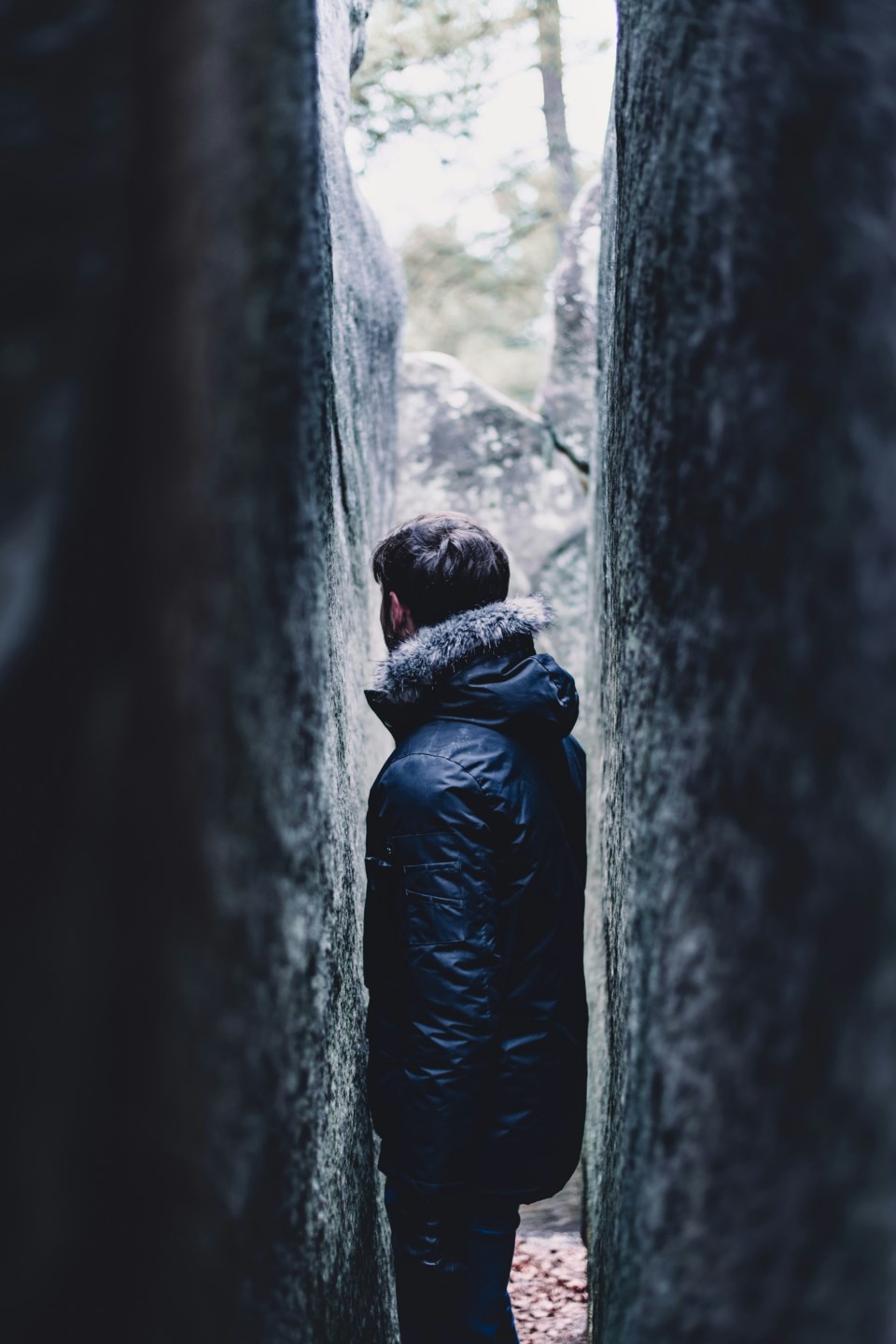In the literal story of Passover that we Jews recounted at our Seders (ceremonial meals) last week, the divinely aided Moses led the long-enslaved Israelites out of Egypt to freedom. But the Jewish sages bid us to look closely at the original Hebrew text for a more nuanced narrative.
The Book of Exodus calls Egypt “Mitzrayim,” meaning a “narrow place.” We can interpret that to mean a narrowing of options for the Israelites. They arrived in Egypt as free people, the story goes, but a Pharaoh arose who constricted their educational opportunity, cultural expression and sense of peoplehood, personal agency, and the life span of first-born sons.
The traditional Seder liturgy encourages participants to think of themselves as having been slaves in Egypt. Two centuries ago, Rabbi Nachman of Breslov expanded both the reach and impact of that idea, teaching: “The exodus from Egypt occurs in every human being, in every era, in every year, and in every day.”
In my lifetime, Jews have adapted the Seder to express concern and mobilize support for many populations in need: African-Americans, who were the focus of civil rights-themed Seders; Soviet Jewish refuseniks, whom the Kremlin prevented from emigrating; Ethiopian Jews, whose government delayed and complicated their emigration; and Queer Jews, whose needs and very existence have been marginalized or ignored.
At my recent family Seder, the Zoom conversation focused on our ever-narrowing world.
We worried that, like the Israelite slaves in the Passover story, people across the globe face growing restrictions on their freedoms. We lamented that armed conflicts are producing waves of civilian refugees and deaths.
We expressed our growing frustration that the habitable earth literally is becoming narrower. With rising water levels encroaching on land across the planet, people must seek refuge in already overcrowded places. Meanwhile, the precipitation and windstorms have become more severe and unpredictable.
Our world faces plagues more widespread and deadly than the ten inflicted on ancient Egypt. Readily available data indicate that COVID-19 continues to mutate, leading to ongoing illness and death, and limiting the opportunities of immunocompromised people. Avian flu, which reportedly is widespread among wild birds worldwide and is infecting poultry and U.S. dairy cattle, could harm humans’ food supply.
Yet whether the issue is the health of humankind, of our fellow species, or of our shared planet, too many individuals, businesses, nations, and economies prioritize short-term micro-conveniences over the long-term well-being of all.
I acknowledge that our reality can be difficult to bear. In Victoria, every time I drive west along Pandora Avenue into the downtown, I force myself to witness the growing encampment of tents that lines the road. If I don’t at least acknowledge the plight of the un-housed, my own world narrows.
As my son Jacob astutely pointed out during our Seder, the narrowness from which we seek our exodus is driven in part by our own narrow-mindedness. My Passover lesson this year is to begin my personal exodus on Pandora Avenue. Beyond fighting the urge to narrow my gaze, I must expand my heart and become involved with organizations that directly aid those unfortunate folks as well as more global causes.
This is the year to emulate Rabbi Nachman and use the inspiration of Passover to remind ourselves that all humans seek to leave their narrow places. We must apply Passover’s humanistic message during the coming year to acknowledge the continual narrowing of our world and expand our efforts on behalf of our fellow suffering creatures.
Andy Muchin is a member of the Victoria Jewish Culture Project, a graduate student in public history at the University of Victoria, the Winnifred Lonsdale Graduate Student Fellow at the University of Victoria’s Centre for Studies in Religion and Society, and host of the “Sounds Jewish” radio program available at PRX (https://exchange.prx.org/series/32262-sounds-jewish).
You can read more articles on our interfaith blog, Spiritually Speaking at https://www.timescolonist.com/blogs/spiritually-speaking
*This article was published in the print edition of the Times Colonist on Saturday, May 4th 2024



